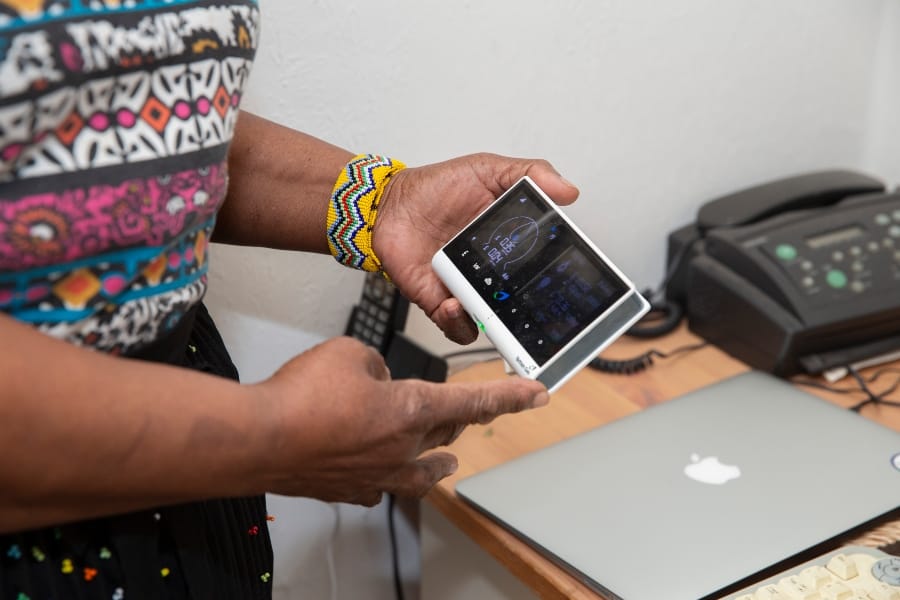Guest article: Integrating technology could better protect vulnerable people from extreme weather
The UK Government recently published its guidance for social care providers on protecting vulnerable people before and during hot weather.
Dawn Watson, Lead Clinical Application Specialist at Tunstall Healthcare, discusses why social care providers should engage with the possibility of integrating technology into the construction of buildings, including group and independent living settings, to protect and support vulnerable people through extreme weather.
While heatwaves can affect anyone, it’s well known that more vulnerable people are more at risk of dehydration, heat exhaustion and heat stroke, says the NHS.
The guidance, Supporting vulnerable people before and during hot weather: social care managers, staff, and carers, explains how to reduce the risks of hot weather to health and wellbeing.
With social care providers playing an essential role in protecting the people they care for, either within a group living setting or in their own home, it’s vital that they understand the different possibilities available to protect vulnerable people.
Integrating technology
The digital transition is underway, with telecom providers working together to cease the Public Switch Telephone Network (PSTN) and switch over to voice over internet protocol (VoIP). “This is already having a transformative impact on social care service provision”, says Dawn.
“It’s important to consider this transition alongside the change in our weather”, she continued. “The time is right for social care providers to understand the best ways to deploy technology to support health and care needs in a range of environments, and the benefits of considering its inclusion as part of construction design.”
“By integrating digital solutions into buildings at construction stage, we’ll be able to use AI and data-driven insight to optimise population health management and improve quality of life.”
Digital innovation and integration, when incorporated early on, can be used by social care providers to monitor vulnerable people for changes in behaviour and emergency events. This is particularly important to reduce the likelihood of people suffering with heat stroke or becoming dehydrated and potentially requiring hospitalisation.
Available solutions
There is a wide range of pioneering digital solutions available that can be integrated into buildings during construction. Take up should be encouraged by social care providers as the UK continues to face greater fluctuations in weather and extreme temperatures.
Tunstall’s Lifeline DigitalTM is a smart hub that supports IP alarm protocols and works with a range of unobtrusive sensors to trigger alarms in the case of personal or environmental events. This includes bed occupancy, temperature changes and motion, all of which can be impacted by heatwaves and other extreme weather events. Specific movements and events that require emergency assistance can be detected which are then responded to by a monitoring centre.
Gavin Bashar, UK Managing Director at Tunstall Healthcare, recently shared his insight into how to reach a place where change is embedded and welcomed and quality care is delivered as standard.


